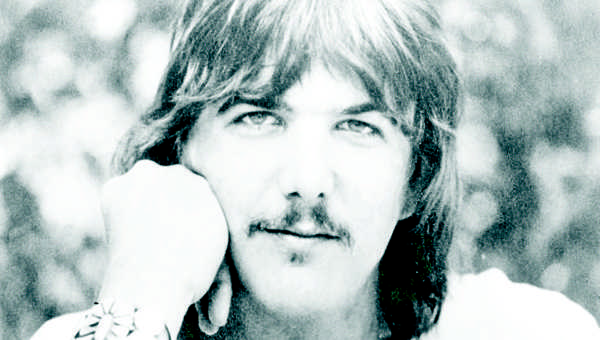Many consider Parsons a catalytic forerunner, if not the creator, of country rock. Parsons didn’t like the term, and preferred instead to deem his work “Cosmic American Music.” Regardless of what you choose to call it, Parsons did it, and he did it well.
He began shaping his signature sound with his work in the International Submarine Band, an act he formed during his one semester as a theology student at Harvard University. Then, during his brief stint with the Byrds for their 1968 record “Sweetheart of the Rodeo”, he converted their sound from jangly psychedelic pop to authentic country folk. He was the lead singer of the Flying Burrito Brothers and into his solo career, he recorded and toured heavily with Emmylou Harris.
If you sing along full-blast when Eagles’ “Peaceful Easy Feeling” comes on during your morning drive or if you dig Wilco’s early recordings or if you like John Mayer’s 2012 and 2013 releases “Born and Raised” and “Paradise Valley,” then you’re already a fan of the genre Parsons pioneered.
English writer and translator Alexander Pope said to be human is to be flawed. Parsons wrote flawless music about being human.
The people of Parsons’ songs are dusty and worn out, either from holding down nine-to-fives or holding down stools at the local dive. Maybe they drink a little too much. Maybe they smoke a little too often. Often the men are doing all this drinking and smoking because their lady friends are giving them grief. (See the Burrito Bros’ cover of Merle Haggard’s “Tonight the Bottle Let Me Down” on “Sleepless Nights.”)
While Parsons’ people face trials and tribulations, neither his music nor his lyrics come across as self-pitying or whining, either for himself or the people he represents. Parsons didn’t have an impressive range, but his soft, soothing twang was impeccable nonetheless. In masterpieces like “Hot Burrito #1,” also from “Gilded Palace,” his vocals summon the intangible magic of powerful emotion no voice coach can conjure. His duet with Emmylou on “In My Hour of Darkness” from “Grievous Angel” is everything music is supposed to be.
Which is a pretty good way of describing the man’s entire catalogue. 41 years after his death, Gram Parsons’ distinct conception of the American soul is as authentic and beautiful (and cosmic) as ever.









